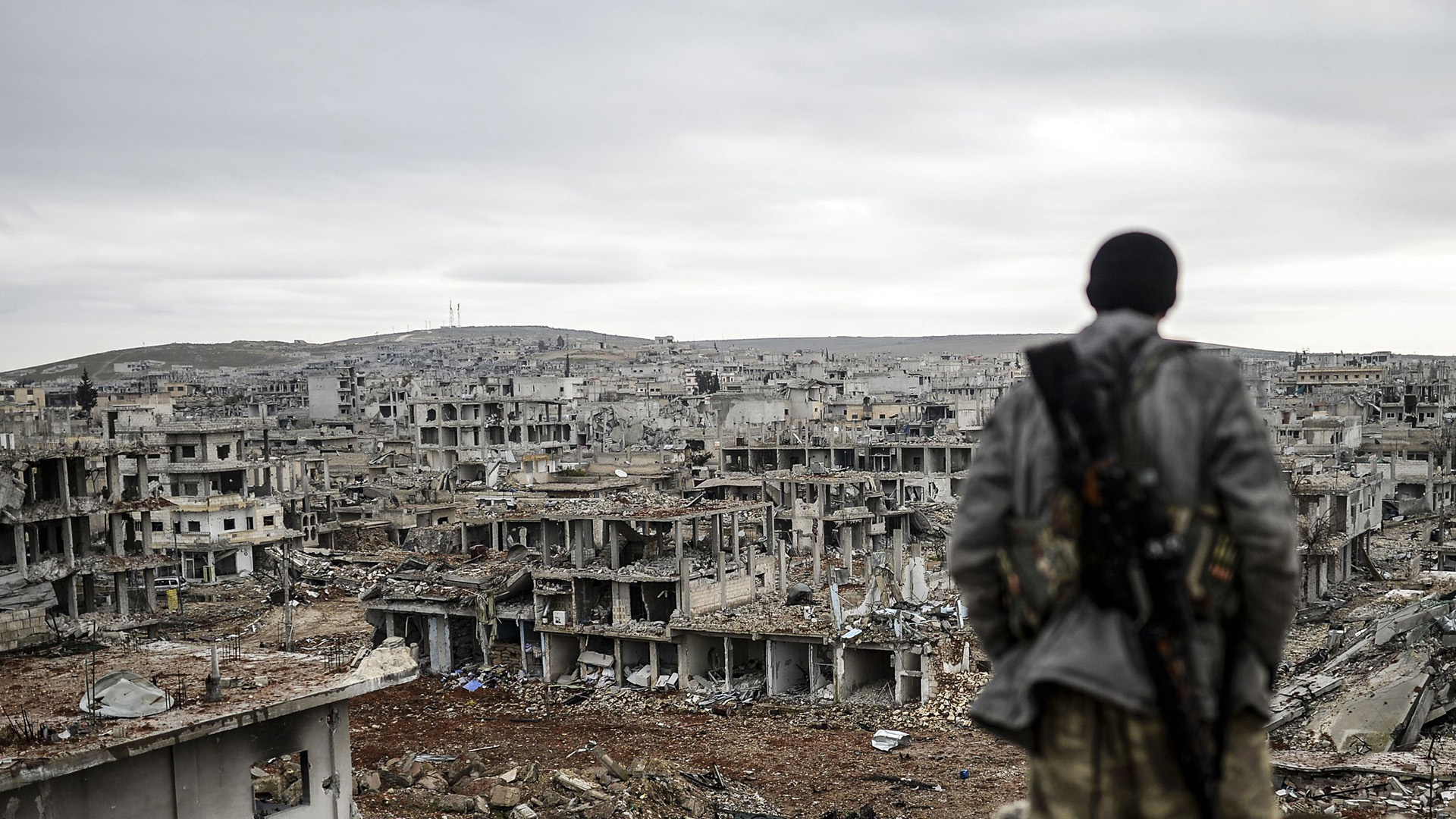The U.S. Ambassador to the United Nations, Nikki Haley, has said she considers the rounds of high-level talks held over the past two years in Kazakhstan’s capital city to be unsuccessful, belittling the efforts of Russia and Iran to help resolve a civil war that is more than seven years old.
“The Astana talks have failed to stop the violence or to promote a political solution,” Haley said to the UN Security Council on September 11, according to reports by Interfax.
“We heard a lot [about the situation in Idlib], but nothing indicates that Russia, Iran, and Bashar Assad are interested in finding a political solution to the conflict,” she said, referring to a possible gas attack in an area.
As Syria’s rebel stronghold, the northwestern Idlib province is home to more than three million people, including 10,000 hard-core fighters such Al Qaeda-linked militants. The Syrian government, led by Bashar Assad, is reportedly gearing up for a military operation in Idlib. Some analysts say that Russia’s naval moves along Syria’s Mediterranean coastline are to help support the mission.
Haley’s remarks came after the presidents of Russia, Iran and Turkey met last week in Tehran in an attempt to bring peace in the region. But the three “guarantors,” as they’ve been called, failed to reach an agreement for a ceasefire in Idlib province. The meeting in Tehran was widely seen as the next step in a series of talks that started in 2017 as the International Meeting on Syrian Settlement, dubbed the “Astana process.” Kazakhstan has played the role of mediator since January of 2017. Attempts have been made to hold talks in Moscow, Geneva and Vienna but with little success.
Nine rounds of meetings have been held in Astana since January 2017 and have included representatives from the Syrian government; the armed opposition; representatives from the three guarantor countries of the current ceasefire, namely Russia, Iran and Turkey; the UN Special Envoy for Syria, Staffan de Mistura; and observers from Jordan and the United States.
By late 2017, Russia, Turkey, and Iran agreed to set up de-escalation zones in Syria for six months, but further talks in Astana no longer brought vital results, and the Russian city of Sochi was chosen as a new venue for hosting the talks on Syria.
Vasily Nebenzia, Russian Ambassador to the UN, says that “some Western colleagues have tried to separate the Astana parties and sow disunity between them”.
“Those efforts will not succeed, and the Astana process will forge ahead and lead to tangible results,” Nebenzia said on Tuesday.
“All the incantations of Western partners about Idlib result not from their concern about civilians, but rather from attempts to keep a major terrorist enclave in Syria intact and to prevent the Government of Syria from restoring full control over its own territory,” he added.
Earlier this year, Russia’s Defense Ministry announced that the country was deploying its most powerful group of warships in the Mediterranean Sea since the start of Russian participation in the Syrian conflict in 2015. The group included ten warships and two submarines of the Northern, Baltic, Black Sea fleets, and its Caspian Flotilla.
At the same time, the U.S. officials said Washington would respond to any use of chemical weapons if Russia continues airstrikes against the rebel-held area in Syria.
“If Assad, Russia and Iran continue down the path they are on, the consequences will be dire,” Haley said on Tuesday, according to reports by CNN.







 The number of evacuees from flooded areas in Kazakhstan has reached 97,852 people, including about 32,856 children since March 27.
The number of evacuees from flooded areas in Kazakhstan has reached 97,852 people, including about 32,856 children since March 27.
 The Islamic holy month of fasting, Ramadan comes to an end this week with the celebration of a joyous festival called Eid (meaning “festival” in Ar...
The Islamic holy month of fasting, Ramadan comes to an end this week with the celebration of a joyous festival called Eid (meaning “festival” in Ar...
 Azerbaijan officially unveiled the logo for the upcoming 29th session of the Conference of the Parties to the United Nations Framework Convention o...
Azerbaijan officially unveiled the logo for the upcoming 29th session of the Conference of the Parties to the United Nations Framework Convention o...



